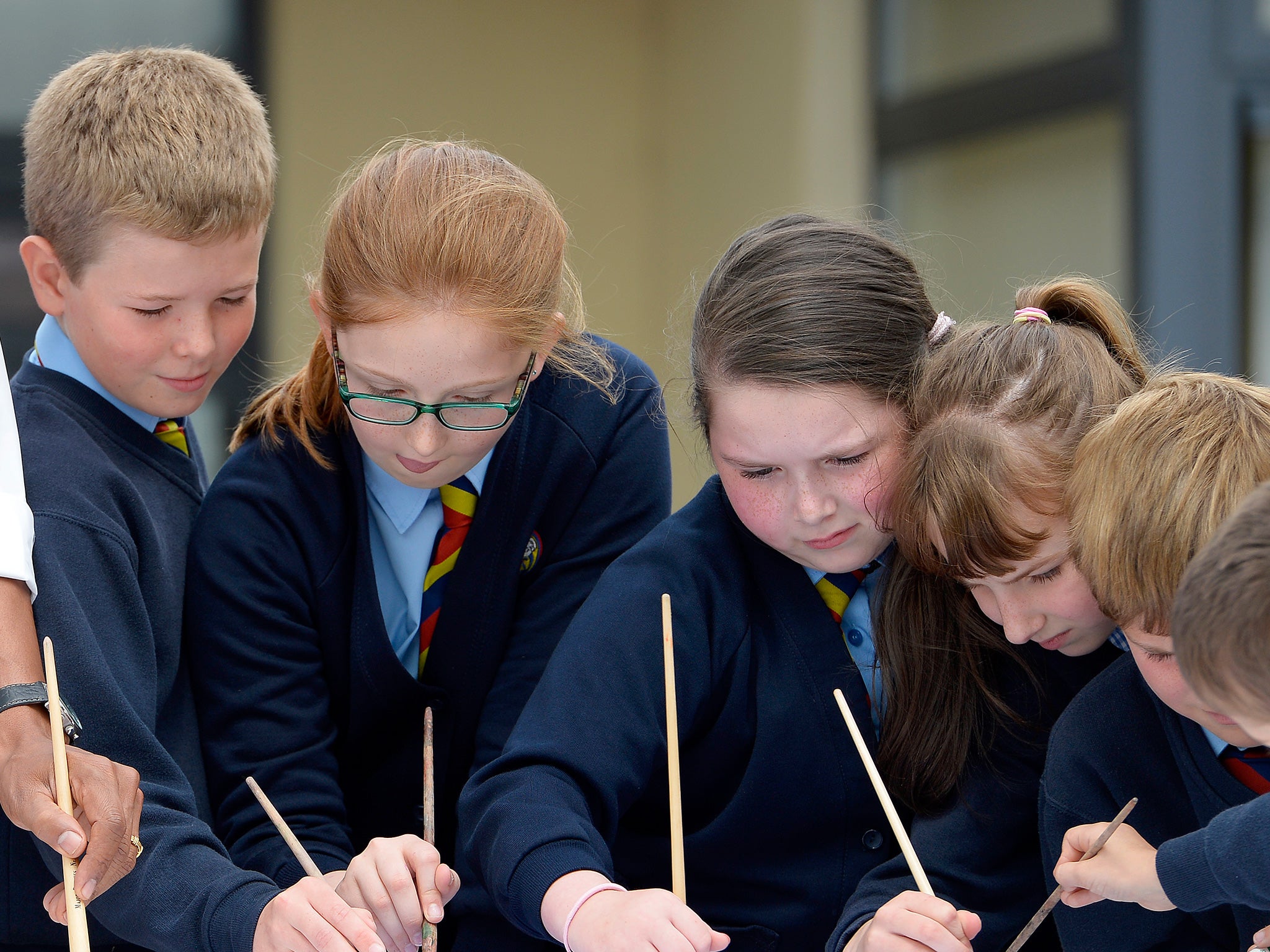Children starting school now could work to 100 and have 40 jobs
11-year-olds of today will also have a reasonable expectation of living to 120

Children starting secondary school this term could find themselves working until they are 100 and having up to 40 different jobs in their lifetime, a conference was told yesterday.
They could have a good expectation of living until they are 120, Rohit Talwar, chief executive of Fast Futures – which advises business and schools on how to plan for the future, told a gathering of headteachers at St Andrews University in Scotland.
Figures showed that average life expectancy was over 80 with women living longer than men – and was increasing at the rate of five months per year.
However, the downside was that – with the advance of new technology – there would be fewer jobs with robots replacing humans in many areas, thus increasing unemployment to as much as 50 per cent.
Estimates show between 30 per cent and 80 per cent of all jobs available today will disappear within the next 20 or 30 years,” he said, “and an 11-year-old going into school today will have a reasonable expectation of living until 120.
“Will it be natural for 50 per cent of the population not to be working? And what happens to society if 50 per cent of the people don’t have jobs?
“What are you preparing your children for? They might well have 40 jobs in that period between now and when they stop working – and as many as 10 different careers.”
He said governments might have to embrace the policies adopted in Manitoba, Utrecht and Namibia where a “superdole” had been introduced – guaranteeing a minimum amount of earnings for everyone. “Everyone has a basic income,” he said. The result had been a reduction of violence – including domestic violence – in these areas.
Students should be taught to prepare themselves for a range of activities that would not be replaced by robots – such as care assistants and volunteering.
Most of the world’s biggest companies were planning to downsize their workforce in the next few years, Mr Talwar added. The growth industries of the future – the Amazons of this world - were planning for a future where few humans would be employed.
“We’re going to living longer and we’re not going to be working in the same way,” he said.
As a result, he told the Headmasters’ and Headmistresses’ Conference – which represents 275 of the UK’s top independent schools, schools had to change the way they taught their children.
Richmond tops the list for life expectancy in England
Show all 8“I think the exam system will need to change,” he said. There was, he argued, a “myth” that all that was necessary was to move back to the 1950’s and “if only we replayed that structure everything would be fine”. “it is just not true,” he added. “It just doesn’t work for the needs of UK policy today.”
Instead, today’s pupils should be taught to be more collaborative and perhaps embrace role play as a way of learning. One example he gave was learning about the English civil war. “Somebody could play Cromwell and someone else a Roundhead ,” he said. “You learn more about people’s lives that way.”
He also advocated teaching them meditation skills and sleeping tips to help them relax and prepare for a world where they would have to work into old age. “Just 15 minutes a day when you shut yourself away – it can lead to longer life and better marriages ,” he added.
Christopher King, chairman of HMC and headmaster of Leicester Grammar School, said: “Our schools are well equipped to cope with this change.” They were, he added, in a position to be able to innovative as their heads had more freedom to innovate.
William Richardson, general secretary of HMC, said: “HMC schools welcome the challenge laid down by Rohit Tarwal and stand ready and willing to contribute to a debate about the fundamental nature of the education pupils receive in the future.”
Subscribe to Independent Premium to bookmark this article
Want to bookmark your favourite articles and stories to read or reference later? Start your Independent Premium subscription today.

Join our commenting forum
Join thought-provoking conversations, follow other Independent readers and see their replies